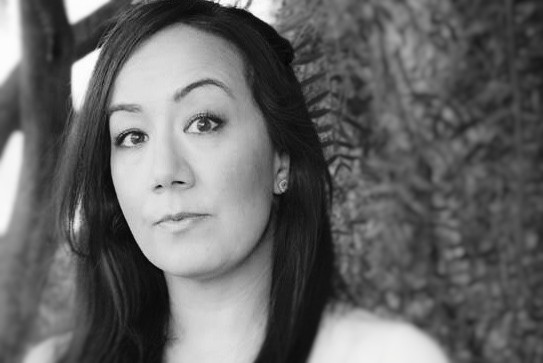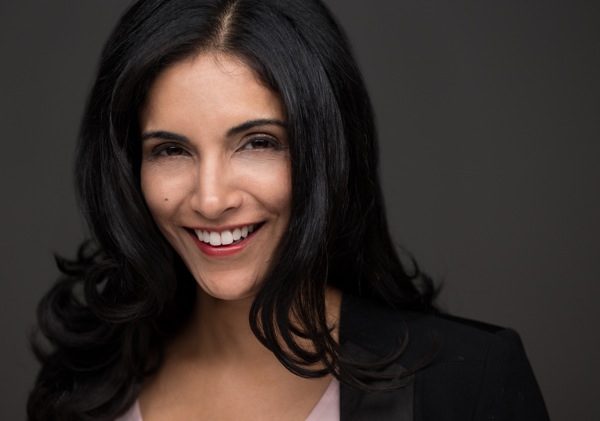I have died many times, but your breath
made me alive again,
Should I die thus a hundred more times
I happily shall die!
A child that dies in mother’s bosom,
that’s how I am, my friend…
-Rumi
Much poetry has been written about the beauty of dying in the arms of a lover. My son died in my arms — a person who loved him more than anyone else in the whole world did — and this fact has made losing him a little less hard.
I never fathomed that my child’s life would be extinguished before my own. Certainly, it was something I had read about or heard of in stories — stories that tore at my heart and left me wiping away tears — but I never thought it would be my reality. I foolishly assumed, as we all do, that in such a story I would always be the empathetic observer watching from a safe distance, not the protagonist herself.
But my newborn son was dying. A frightening tangle of tubes and wires came out of his tiny body and ran into humming machines all around him. His body was unable to oxygenate properly and every day his situation declined rapidly. No one understood — not Mama, not my sister, Saira, not even my own body that stupidly and stubbornly created an abundance of milk my son would never drink.
“He’s doing better, he will be home in no time!” my family would say over and over again with forced optimism, while I would nod with an equal measure of feigned hope.
***
The curtains were drawn, with the sun peeking in from the gaps at the sides. I closed my eyes against the intrusive light.
My childhood bedroom was no longer the tacky pink I had hated, and the bed I had slept in all those years was no longer covered in sheets decorated with bold red flowers. The mattress had grown old and lumpy, yet there was no denying the comfort of being in my old room and in my old bed.
With my eyes tightly closed, I lay flat on my back, arms along my sides. Maybe if I wished hard enough, I would be pregnant again. If I listened close enough, I would hear and feel my baby move in my belly. But my stomach was no longer hard and full; it sat deflated and hollow. My son lay sleeping in the hospital, oblivious to my pain. The tears that had gathered at the corners of my eyes, spilled out, slid down my temples, into my hair and started to itch.
“Ugh!” I punched the bed with both of my hands.
“Sabina?” Baba’s voice came through the door. He opened it slowly. He still had on his prayer cap and I wondered which prayer he had finished.
“Are you going to just stay in this dark room and feel sorry for yourself?” he asked me.
The bluntness of his words shocked me.
“Baba, I can’t move. I am so sad,” I replied in a wounded voice.
“I know. We are all sad. I am sad for two reasons — Ibrahim and you.”
He came in and switched on the lamp. The harsh light pierced my eyes and I covered them with my arm, the hospital band that was still wrapped around my wrist scratching my forehead.
“Get up, Sabina. I didn’t raise a coward. Your son, your child, is in a hospital, all alone while his mother is feeling sorry for herself.”
I thought of Ibrahim on his belly, his chest moving up and down with his quick, erratic breathing, and I started sobbing loudly.
“I love him, Baba.”
“I know you do, Bachay (child). Ibrahim needs his mama right now. He knows when you are around and when you are not. That is a bond Allah gave you and one that can never be broken, no matter what.”
“Even if he dies,” is what my father meant. Our bond won’t break even if Ibrahim dies. Yet here I was severing ties, running from my pain. But my pain was Ibrahim, how could I escape my own child?
Baba stood up and held me as I cried into his shirt. I felt his vast, warm chest vibrate and knew he was also crying. He wiped his eyes and said, “Wash your face. Get cleaned up and drink your water. Go to him.”
***
The doctor called my husband and me into a cramped conference room lit by fluorescent light and filled with inspirational images of angels and butterflies and poetry about patience and love. I tried not to look at them. There, doctors gently told us that our son had very little time left. I barely moved, but when I blinked, hot tears slid down my face.
I asked to hold my son in a private room. My family was with me. Earlier my father’s words about a mother and her child’s eternal bond had comforted me, but as I walked down the hall past the fridge that held dozens of bottles of my unused breast milk, I saw nurses avoiding eye contact and felt only anger and crushing disappointment.
The nurses wheeled my son into the room and my mother delicately placed him in my arms. Suddenly the anger dissipated. The cumbersome breathing tube no longer obscured his features and I saw his lovely face, long lashes and hairy ears. I kissed every part of his face slowly, leisurely, savoring his smell and the softness of his baby skin. I looked at his hands, red and inflamed from having been poked with needles and I kissed them. I took off his hat and my mother, who stood over me, fixed his hair. His thick, black hair. He took a ragged breath, as if it hurt to inhale and the nurse adjusted the machine I didn’t realize he was still connected to. He calmed down.
“Zama Bachay, my baby, I love you so much. I know you might be scared to go to a place where mommy isn’t going to be, but don’t be,” I reassured him. “You will go back to Allah who gave you to me as a temporary gift. I will see you soon, inshaAllah, God-willing. I promise. And I promise never to forget you.”
My mother and husband sobbed, but I held back my tears fearing that maybe I was scaring Ibrahim. “Go, my love. Go to Allah. I promise the pain will stop.”
Within a few hours, he died in my arms. As his soul departed, my family held me. I whispered, “To Allah we belong, and to Allah is our return.”
***
I would never hold his warm body again. My heart squeezed painfully every single time I remembered this, yet I felt an odd sense of peace knowing that my baby was no longer suffering. Suddenly it dawned on me that I was still alive. The grief, as big as it was, didn’t end my life. I lived. I also realized that I didn’t scream and try to stop my son from dying, but instead that I had told him to welcome death.
Motherhood is screaming in agony when your child dies, but it is also letting go when you know that his living would mean pain for him. Motherhood is holding your living children and wondering how your child who died would look and behave if he were alive, laughing and playing with his younger siblings. Motherhood is praying that when you lay down at night, you dream of your dead child because that is the only time you will see his beautiful face. Motherhood is so complicated, so wonderful and so painful — and it wasn’t until Ibrahim came and left did I fully realize this.
Alhamdulillah.
Sabina Khan-Ibarra is an Assistant Editor at AltMuslimah, a writer and editor published on BlogHer, Huffington Post, among others. She founded Muslimah Montage and is Social Media Chair for MuslimARC on intra-Muslim racism. Sabina created Ibrahimstree, dedicated to grieving parents after her first son Ibrahim passed away in 2011. Working as a Human Resource consultant, she resides in California.





